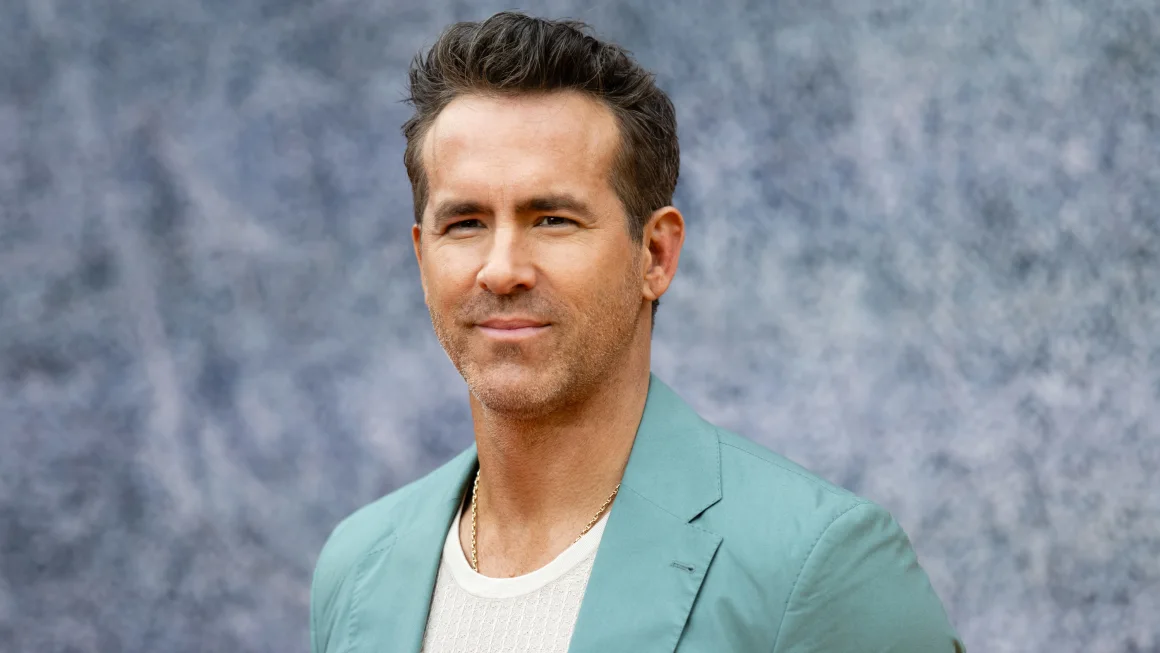Canadian Prime Minister Mark Carney on Tuesday announced a major defense initiative in the Arctic, underscoring Canada's commitment to asserting its sovereignty over the increasingly contested region. During a visit to the far north, Carney unveiled a $6 billion deal for the purchase of the Australian-made Over-the-Horizon Radar system, designed to enhance Canada’s early warning radar coverage from the Canada-U.S. border into the Arctic.
The radar system, which will stretch nearly a mile (1.6 kilometers) in length, will offer Canada a more discreet and efficient surveillance solution compared to similar American systems. The deal, if finalized, marks a significant export for Australia, with Australian Prime Minister Anthony Albanese praising the agreement, emphasizing its strategic importance for both countries.
Expanding Military Presence in the Arctic
In addition to the radar system, Carney announced a $420 million investment to bolster Canada’s Arctic operations. This funding will enhance training exercises, expand military personnel deployment, and ensure a greater, year-round Canadian presence in the Arctic region. “Arctic sovereignty is a strategic priority of our government,” Carney affirmed, highlighting Canada’s unyielding commitment to the region.
The announcement came during Carney's stop in Iqaluit, the capital of the Inuit-governed territory of Nunavut, where the radar system purchase was revealed. Nunavut is a vast territory that plays a critical role in Canada's Arctic strategy and is home to a population of approximately 40,000 people, mostly Inuit.
Shifting U.S. Priorities and Growing Tensions
Carney’s visit also reflects increasing international tensions, particularly with the United States. U.S. President Donald Trump’s "America First" policies and rhetoric have increasingly threatened Canada’s sovereignty. Carney pointed out that the U.S. priorities, once closely aligned with Canada, are now shifting, particularly under Trump’s aggressive stance toward Canadian products and territory.
The U.S. president has repeatedly suggested that Canada could become the “51st state” and has imposed sweeping tariffs on Canadian steel and aluminum. Carney, however, rejected these threats, stating, “Canada is, and forever will be, an Arctic nation,” and expressed that such disrespect from the U.S. should stop before any meaningful discussions can occur.
Despite the rising tensions, Carney remains open to a broader, comprehensive conversation with Trump, particularly on trade and security, when the U.S. is ready to address those issues beyond one-off disputes. However, with Trump’s ongoing threats, including his dismissal of the importance of the upcoming Canadian election, Carney’s position on maintaining Canada’s sovereignty remains steadfast.
A Landmark Purchase and Global Impact
The Australian radar system, which will play a key role in Canada's defense and surveillance in the Arctic, represents a significant step in securing Canadian interests in a region that is becoming increasingly important due to climate change, global trade, and security concerns. The growing international interest in the Arctic, including U.S. interest in Greenland, highlights the region’s importance for both geopolitical stability and resource extraction.
Carney’s trip to the Arctic also underscores the unique challenges faced by Nunavut and other northern communities, which often endure extreme weather conditions and geographic isolation. Iqaluit, a town with no roads connecting it to the outside world, is symbolic of Canada’s resolve to maintain control over its far northern territories despite the challenges posed by climate change and the shifting political landscape.
With global tensions mounting and the Arctic becoming a focal point for international trade and security, Canada’s defense investments in the region are critical for maintaining sovereignty and protecting national interests. Carney’s move to expand military operations and enhance Canada’s presence in the Arctic sends a clear message of determination to both allies and adversaries alike.






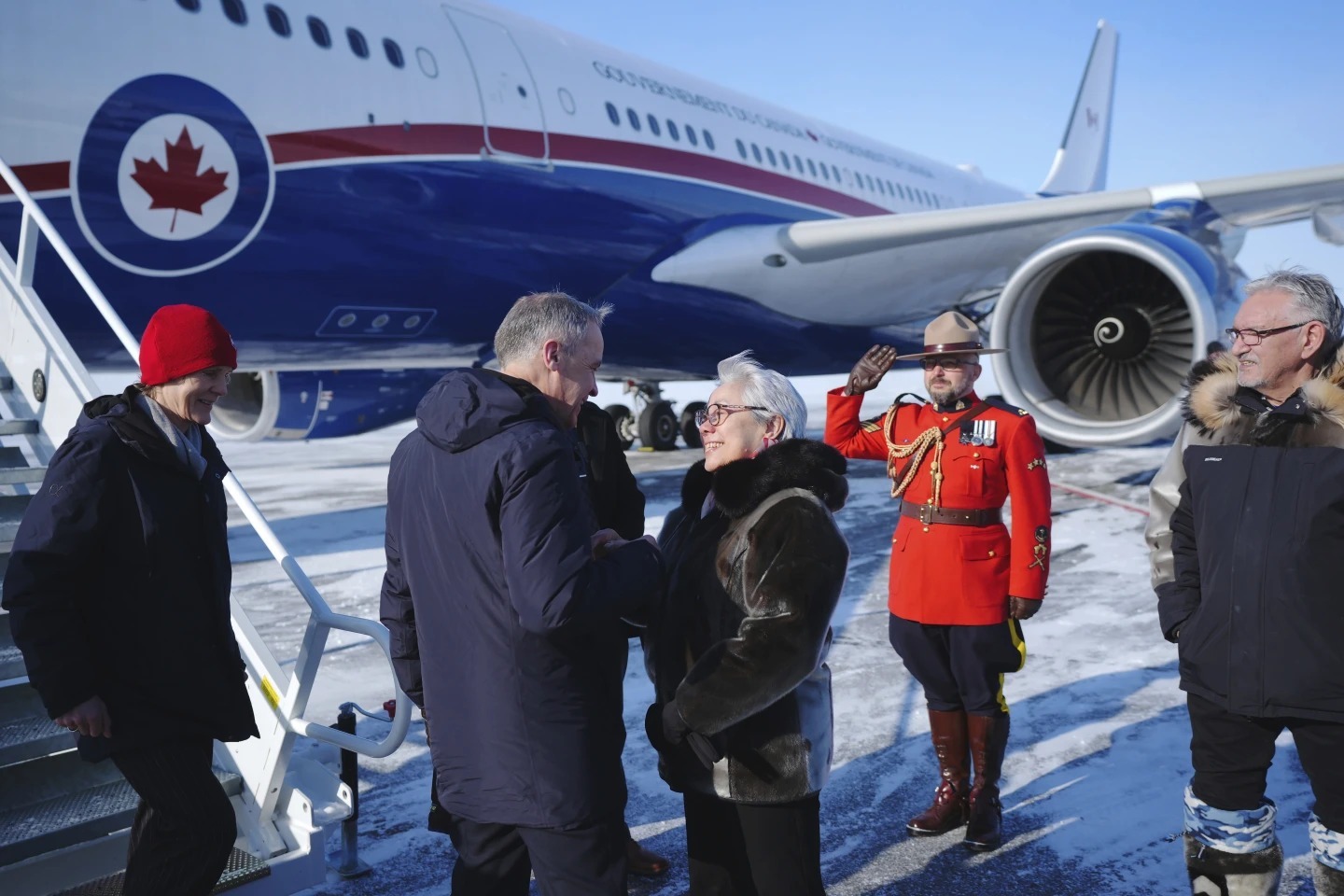
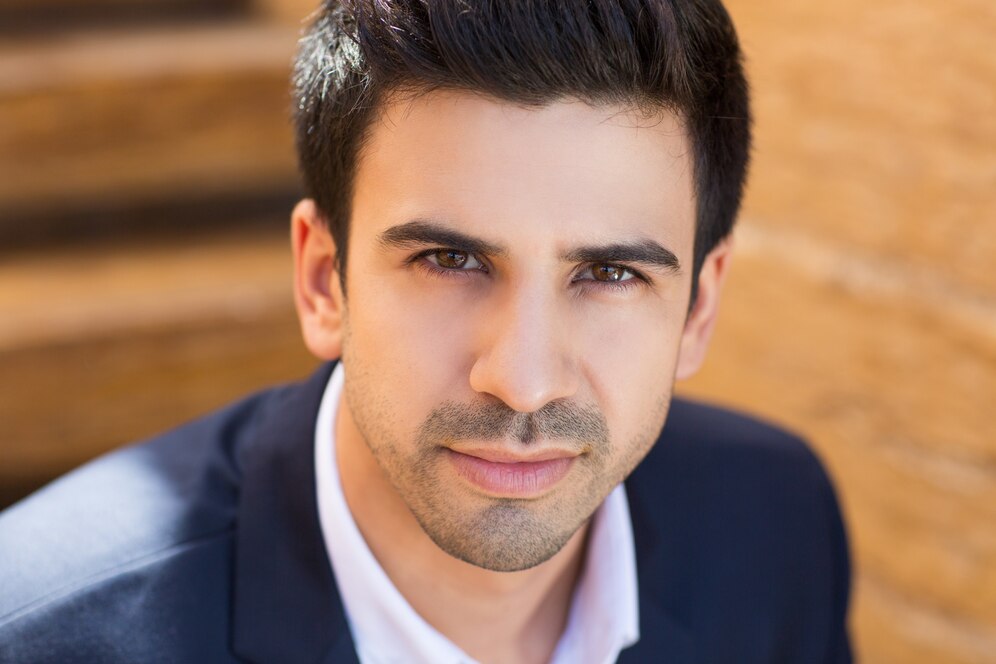
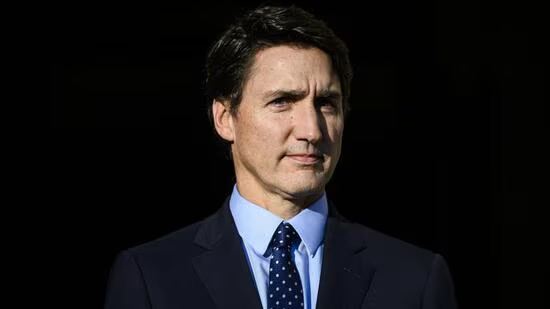


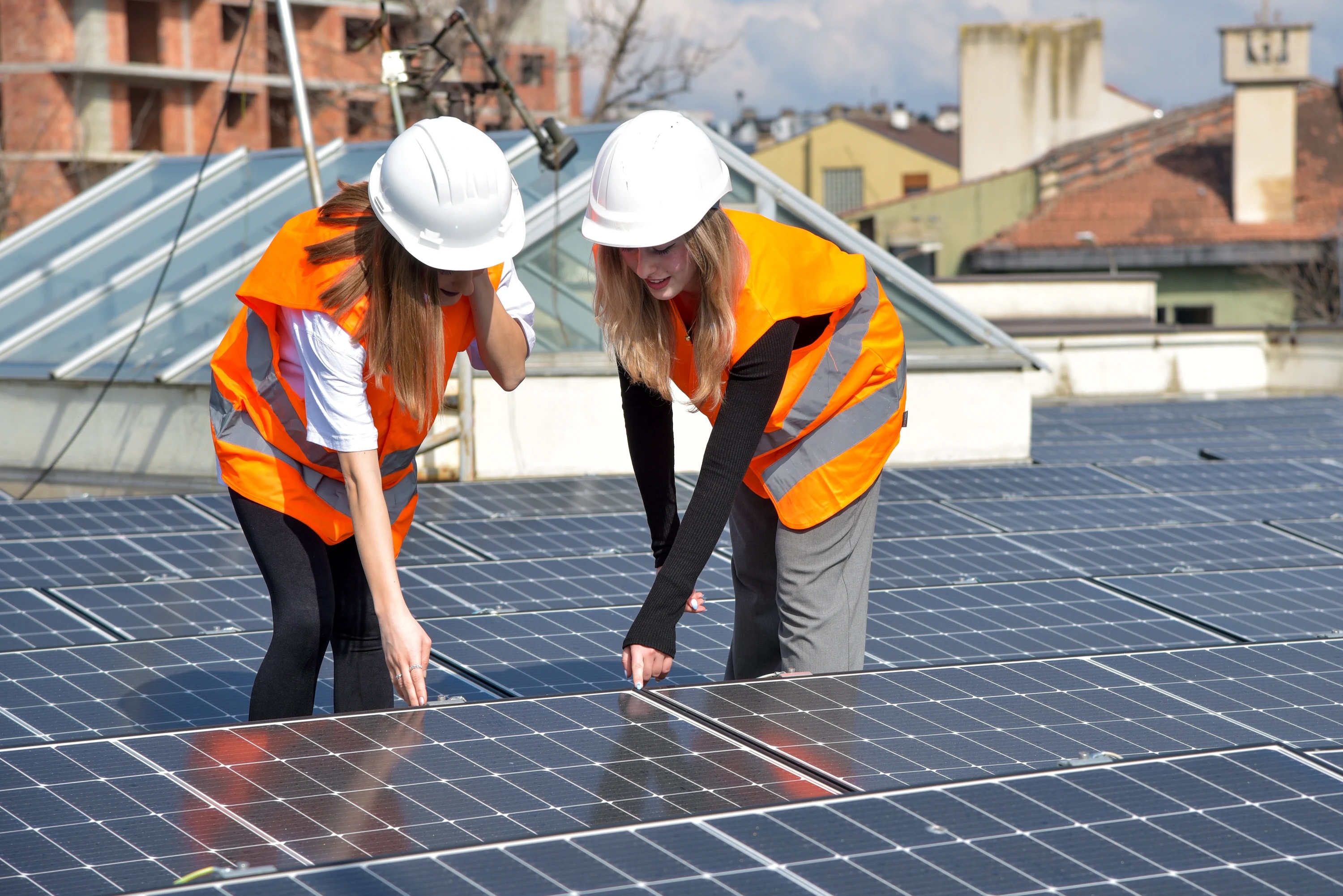

.jpg)
.jpg)
